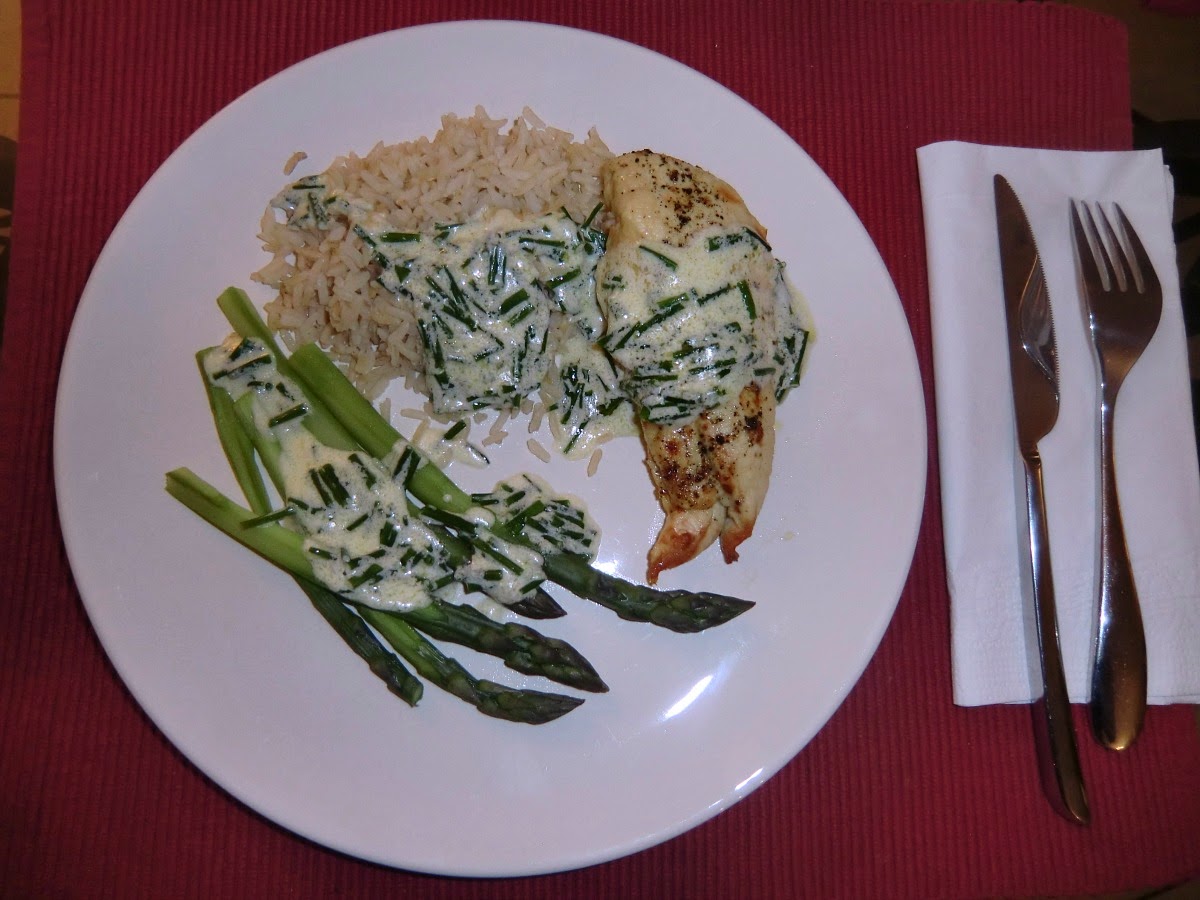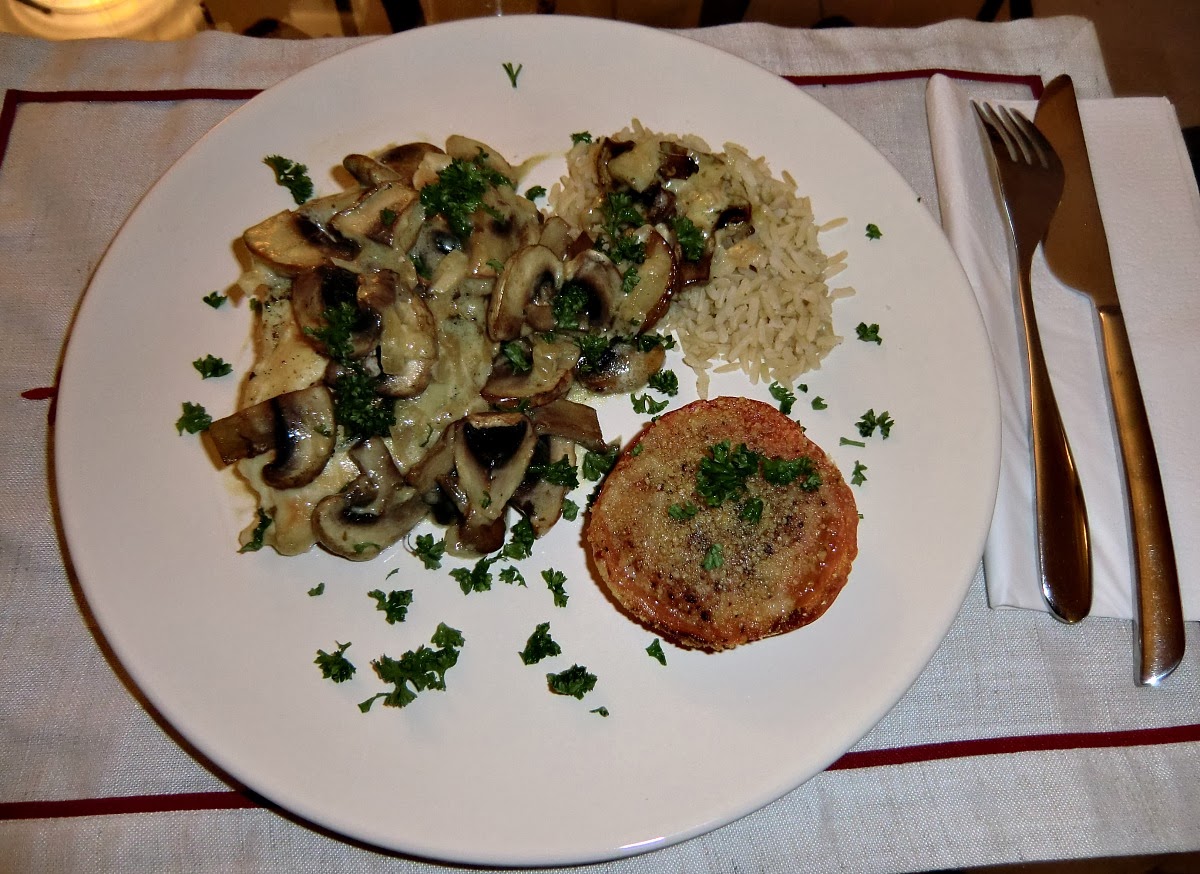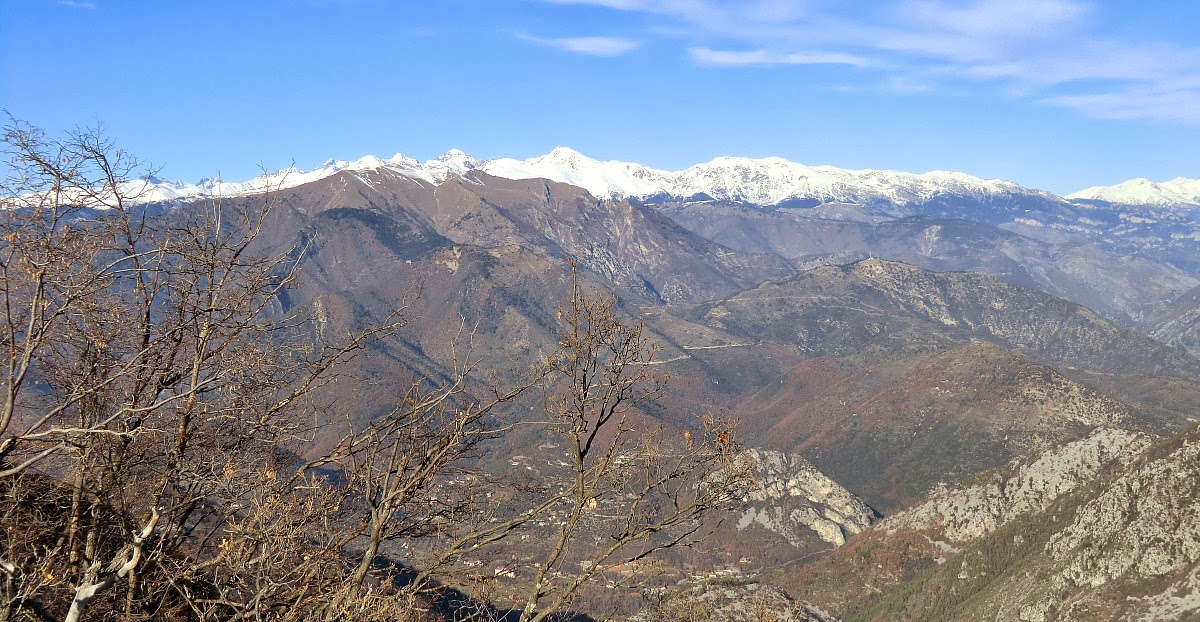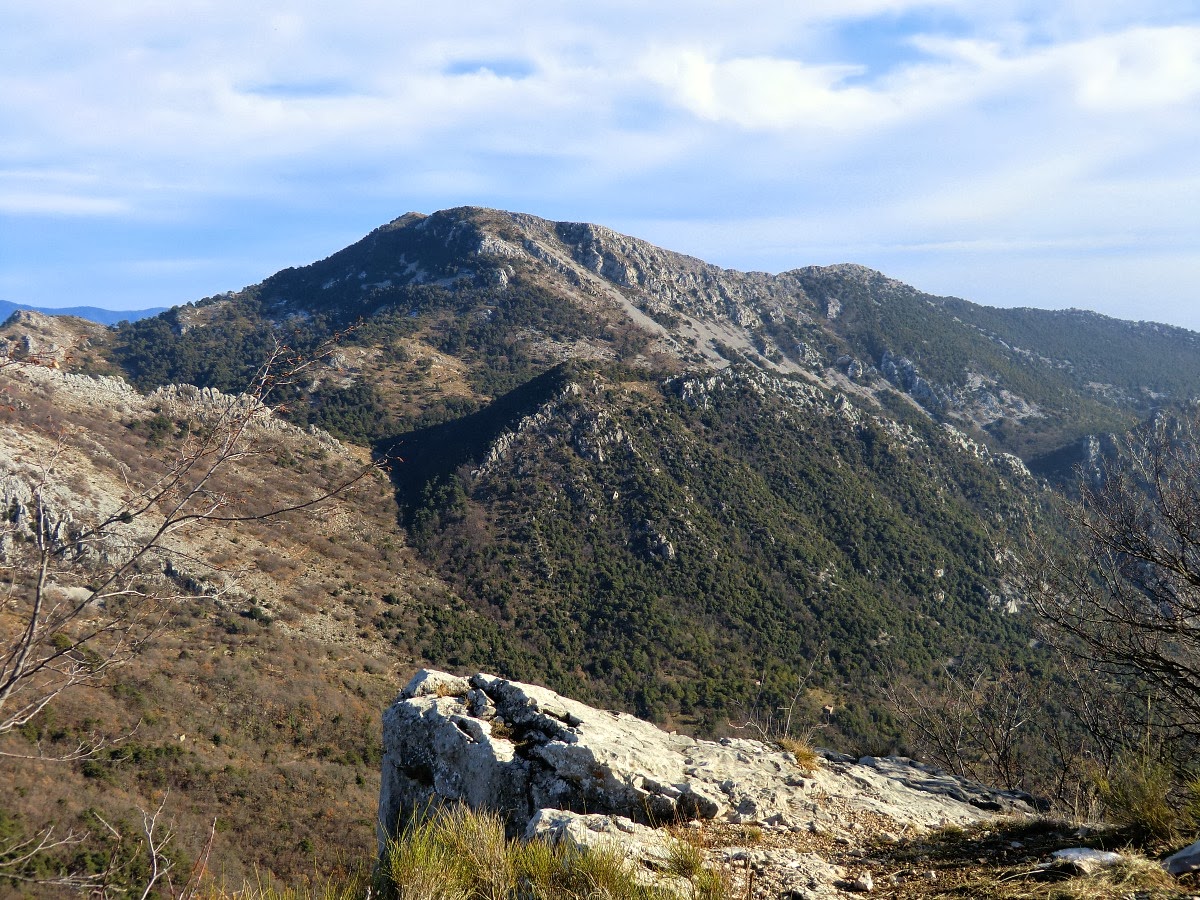Spring chicken recipe
In the Mediterranean countries asparagus is in season in spring. In April they even organize Fête de l’asperge, asparagus festivities, in Étauliers near Bordeaux. Green Spanish asparagus has already appeared in our local supermarket in Nice. After an exceptionally rainy winter we still have to wait for local French asparagus for a while, but Spanish asparagus could be considered almost local. I believe that asparagus should only be eaten when it is in season locally. The taste and texture is such a pleasure.
Don’t be afraid of using a bit liberally olive oil in this recipe. Crème fraîche 15 % fat has little fat, and skinless chicken breasts, brown rice and asparagus are fat-free; there is place for heart-healthy olive oil. Olive oil in the Mediterranean diet may also be one of the secrets for a good skin which the locals here have even in old age.
2 servings
2 skinless free-range chicken breasts, blancs de poulet fermier Label Rouge
10 green French or Spanish asparagus
A generous amount of chives
2 tbsp crème fraîche 15 % fat
5 tbsp olive oil
Freshly ground black pepper
Preheat the oven to 210⁰ C, roast. Place the chicken breast on an ovenproof dish lined with baking paper. Grind black pepper and sprinkle 1 tbsp olive oil over the chicken. Roast for 25 minutes.
Wash the asparagus. Cut away about 5 centimeters the bottom parts if they are hard. Peel the bottom parts. Steam for 20 minutes, or microwave for about 4 minutes. I prefer microwaving because it is so quick and effortless.
Cook the brown rice. Again I prefer the pre-cooked variants which only need 10 minutes cooking.
Wash and dry the chives and cut them finely. Spoon 2 tbsp light crème fraîche and 4 tbsp olive oil in a small casserole. Gently warm over a low heat for 5 minutes, whisking to get a smooth sauce. Add the chives in the end.
Divide the chicken breasts, brown rice and asparagus on the plates and drizzle with the sauce.
























